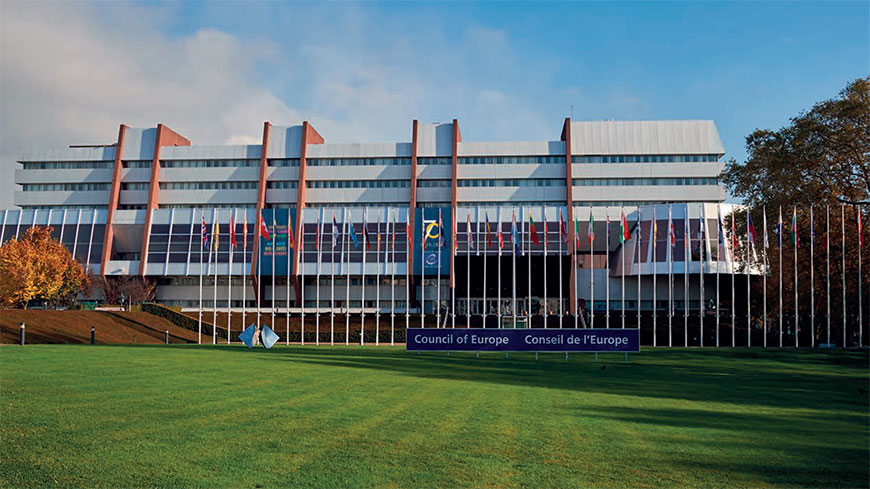70 years after its foundation, the Council of Europe is our continent’s leading human rights organisation. 47 member States have come together to agree common standards on human rights, democracy and the rule of law. All 830 million people living in this common legal space have an ultimate right of appeal to the European Court of Human Rights. This is unprecedented in European history, and an achievement that we should celebrate.
The European Convention on Human Rights and the European Social Charter are the living roots from which our Organisation grows. Over the years the Council of Europe has drawn on these rights, applying them to specific issues and providing additional protection for individuals. This has involved the provision of new legal instruments, based on commonly agreed standards. In this way we have acted to protect national minorities and regional and minority languages and to combat the sexual exploitation and abuse of children and violence against women and domestic violence. We have taken measures to prevent torture and inhuman or degrading treatment or punishment, to tackle trafficking in human beings and human organs and to stop the abuse of personal data and acts of cybercrime. We have also been active in ensuring the safety and integrity of sports, the accessibility of European culture, and education that promotes equality, inclusion and democratic citizenship.
In the modern world, challenges keep coming. Today, these include the management of the Artificial Intelligence revolution, the scourge of modern slavery, and growing inequality in many of our societies. In the years ahead, as yet unimagined problems will emerge too. A strong Council of Europe, with its Committee of Ministers and Parliamentary Assembly, will draw on the capacity of our Convention system – and the will of our member States – to provide the multilateral solutions from which citizens across the continent will benefit.




